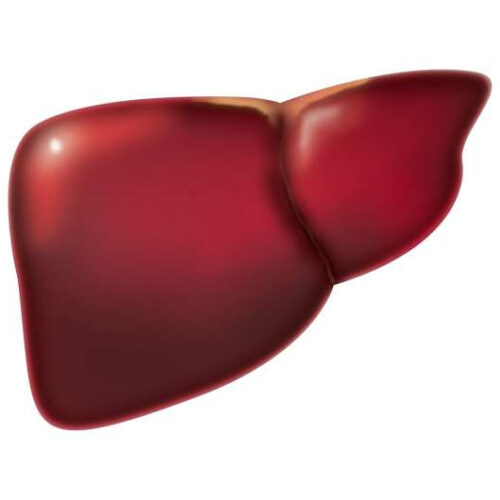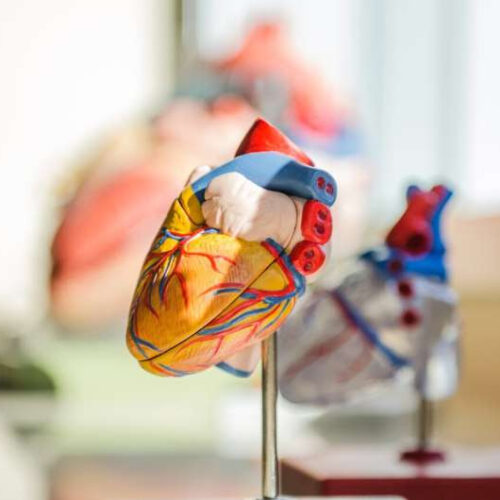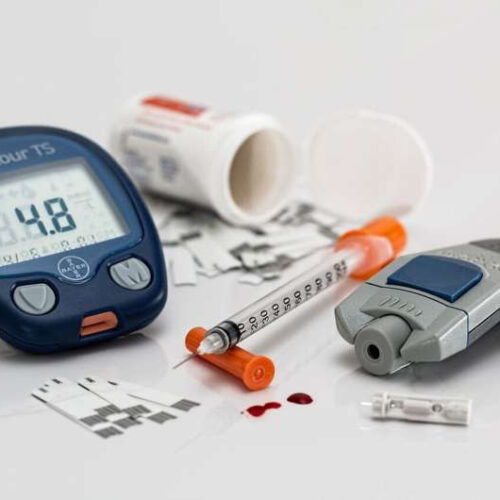By Bhavana Kunkalikar Feb 6 2023Reviewed by Danielle Ellis, B.Sc. In a recent study published in the Journal of Clinical Medicine, researchers explored the impact of biological interventions in reducing cardiovascular risk among psoriasis patients. Study: Biologics for Reducing Cardiovascular Risk in Psoriasis Patients. Image Credit: wisely/Shutterstock Background Psoriasis manifests as a chronic inflammatory skin condition...
Tag: <span>Cardiovascular risk</span>
Eating Avocado Linked to Lower Cardiovascular Risk
Fran Lowry March 30, 2022 A prospective study that followed more than 110,000 men and women for more than 30 years suggests that eating two servings of avocado a week reduces the risk of developing cardiovascular disease (CVD). Researchers also found that replacing half a serving of butter, cheese, bacon, or other animal product with an equivalent amount...
High cardiovascular risk is associated with symptoms of depression
by Public Library of Science Image of a heart through a window. Credit: Kranich17, Pixabay, CC0, (creativecommons.org/publicdomain/zero/1.0/) Cardiovascular risk factors are associated with an increased risk of depression in older adults, according to a new study published April 13 in the open-access journal PLOS ONE by Sandra Martín-Peláez of University of Granada, Spain, and colleagues. Cardiovascular disease...
Nonalcoholic fatty liver disease subtypes exhibit distinctive cardiovascular risk profiles
by CIC bioGUNE Credit: Pixabay/CC0 Public Domain Nonalcoholic fatty liver disease (NAFLD), a disease affecting approximately one-quarter of the world’s adult population, reflects dysfunctional hepatic lipid metabolism. A better understanding of NAFLD heterogeneity and its biology will facilitate the development of personalized treatments. An international team of researchers, led by José M Mato at CIC...
Trial Testing Cocoa Flavanol Supplement Shows Promise for Reducing Cardiovascular Risk
Large-scale randomized trial found signs of preventive cardiovascular effects for cocoa flavanols, including a 27 percent reduction in the secondary endpoint of cardiovascular death. There was a 10 percent reduction in total cardiovascular events, the trial’s primary outcome, that was not statistically significant. The first large-scale trial to test the long-term effects of a cocoa flavanol supplement...
Cardiovascular risk management for patients with rheumatic and musculoskeletal diseases
by European Alliance of Associations for Rheumatology, EULAR Credit: Unsplash/CC0 Public Domain EULAR, the European Alliance of Associations for Rheumatology, has developed new recommendations for CVR management in people with gout, vasculitis, systemic sclerosis (SSc), myositis, mixed connective tissue disease (MCTD), Sjögren’s syndrome (SS), systemic lupus erythematosus (SLE), and antiphospholipid syndrome (APS). People with inflammatory...
A machine-learning approach to managing diabetes and cardiovascular risk
by Elisabeth Reitman, Yale University Credit: CC0 Public Domain A novel online tool called INSIGHT offers a machine learning-based approach when prescribing sodium-glucose cotransporter-2 (SGLT2) inhibitors to maximize the benefit for patients with Type 2 diabetes. The study, led by Yale researcher Rohan Khera, MD, MS, appears February 4 in the journal Diabetes Care. The study’s first...
Cardiovascular risks may be worse for women’s cognition in middle age
by American Academy of Neurology Credit: Unsplash/CC0 Public Domain A new study suggests that even though men may be more likely to have cardiovascular conditions like heart disease and stroke and risk factors like diabetes, high blood pressure, and smoking in middle age than women, the negative impact of most of these conditions on thinking...
Determining ‘vascular age’ is best predictor of cardiovascular risk with hormone therapy, says study
by University of Oklahoma Credit: CC0 Public Domain For women who are talking to their physicians about hormone therapy for the relief of menopausal symptoms, the decision isn’t always straightforward. Hormone therapy brings an increased risk of cardiovascular disease, but so does midlife itself—simply because of the aging process and an increase in risk factors like...
Relationship between psoriasis treatments and cardiovascular risk explained
CACTUS COMMUNICATIONS IMAGE: Various treatment options exist for psoriasis, and they differ in terms of potential effects on a patient’s risk of cardiovascular events. A recent review article in the Chinese Medical Journal can help dermatologists and their patients understand those effects. CREDIT: ESTZER MILLER ON PIXABAY Psoriasis is a chronic disease that causes patients...







